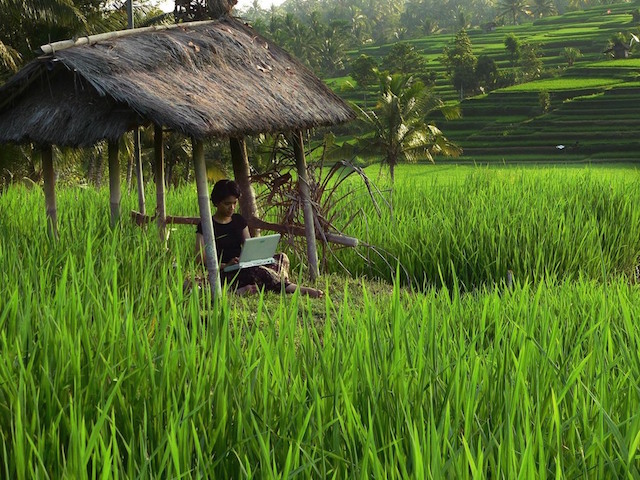Quitting your job to travel the world. (By someone who actually did!)
All of my life I have known that I wanted to travel. When I was younger, I thought that it was because I wanted to do frequent trips to a new country and to learn a new experience before returning home to my native Australia. What I’ve discovered over the years is it wasn’t just …
Quitting your job to travel the world. (By someone who actually did!) Read More »

